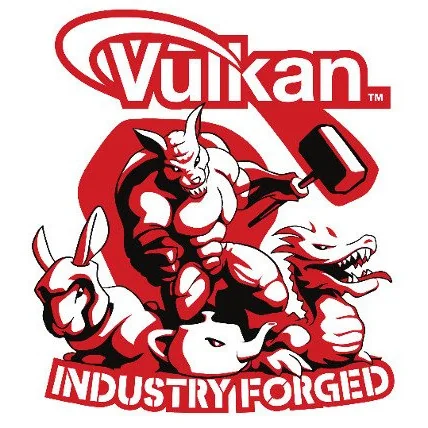Rust's Low-Level Graphics Abstraction Layer Is Showing A Lot Of Potential

Besides exposing its own Vulkan-like API for Rust developers, they are also building a Vulkan Portability implementation on top of it to let non-Rust programs/games making use of Vulkan to in turn run on it -- just like MoltenVK can be used today for running Vulkan games/applications on macOS. Instead this extra layer on top of GFX-RS would allow Vulkan programs to also run on Windows and elsewhere by mapping it down to D3D/Metal/OpenGL.
GFX-RS developers have been testing their Vulkan portability implementation using Dota 2 on macOS, which natively supports Vulkan and by default relies upon MoltenVK at this time.
With using Metal's deferred mode with GFX-RS, the CPU usage in the main thread was at 12% compared to 21% with MoltenVK. The performance was also better at 47 vs. 40 FPS with low quality settings or 41 vs. 35 FPS at high quality settings on AMD hardware. The AMD graphics results were closer while the NVIDIA performance on a third system sided with the GFX-RS results for Dota 2 benchmarking.
More details on the current state of GFX-RS for Vulkan portability can be found via gfx-rs.github.io. Next week is SIGGRAPH 2018 so expect to hear some more graphics driver news at that stage.
23 Comments

